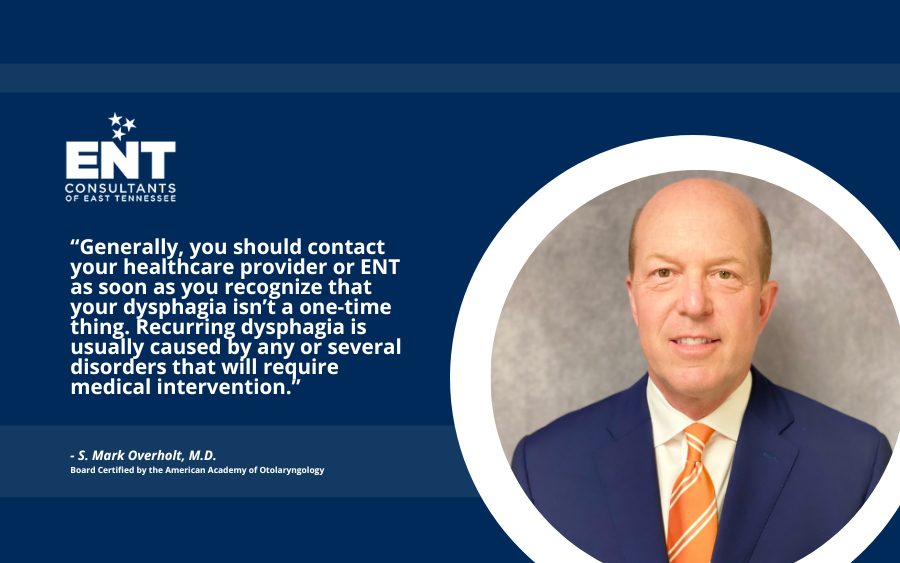We’re all familiar with the word, allergies, and many of us suffer from them on some level, but do you truly understand them? Commercials and other marketing material have thrust this condition into the limelight with very little explanation.
Having served our community for more than 45 years, we have seen our friends, family, and neighbors struggle through different seasons. We want to help in any way we can, but the best way for us to do that is to educate and inform.
Here is a quick allergy guide to help you understand this all-to-common condition. Hopefully, this will help you treat your or your loved ones’ allergies more effectively so you can get back to living your best life.
What are Allergies?
Allergies occur when a patient’s body is more sensitive to the world around them than it’s supposed to be. This would include a body that overreacts when it’s exposed to something like pollen or dust, and the body interprets that as a bad thing and that’s something that’s attacking the body.
The body then creates an overreactive and inappropriate response to that thing, and it makes you feel bad. This can come in many forms, but we are mostly familiar with a stuffy nose or sore throat.
The severity of allergies is different from person to person and can range from minor irritation to anaphylaxis. While most allergies can’t be cured, treatments can help relieve your allergy symptoms.
How do Allergies Occur?
More than 50 million Americans experience all types of allergies, including indoor/outdoor allergies, food and drug, insect, skin, and eye allergies. The number of people with allergies continues to rise among all ages and genders.
Allergies do run in some families, but it’s not a foregone conclusion. There are certainly families where almost everybody will have bad allergies, but there are also people who will suffer from allergies with no family history at all. We think it’s probably some combination of our genetics and some organic new overreaction that’s going on.
Different Types of Allergies
- Pollen — As the most well-known of all the allergy types, pollen allergies can also be referred to as hay fever or rhinitis. This causes sneezing, congestion (feeling stuffy), and itchy, watery eyes, nose, and mouth.
- Food — Food is another common and very serious type of allergy because it cannot be easily avoided. Food is a necessity of life, and we build social and business relationships around it. This is becoming more common, and, thankfully, restaurants and companies are more aware and taking steps to help out where they can.
- Animal Dander — Although there is a low chance of this being life-threatening, it can still cause severe problems to you or your loved one. This can be tough to deal with since removing the animal from your home is a tough decision to make. Ensure you keep them clean and out of your bedroom as much as possible to relieve your symptoms.
- Insect Sting or Animal Venom — This is rarer but also more dangerous. A bee sting can cause extreme pain and require treatment from a professional immediately. It’s not localized, so if you get stung in your wrist, you may feel it up your entire arm.
How to Know When You Need Help
The most common complaint we see is a runny nose, itchiness, or sneezing. Those are the most common things. Generally, when we see these, several things can cause your nose to run or your nose to feel stopped up.
However, sometimes that’s infectious. One of the main ways that we can differentiate between infectious causes and allergic causes is when people have sneezing and itching. Sneezing and itching are pretty specific to allergies.
If you’re experiencing any of these, please call or come see us. We want to check the severity of your allergies and monitor you for any detrimental changes.
We are always here to help, so please don’t hesitate to get in touch with us whenever you need to.





